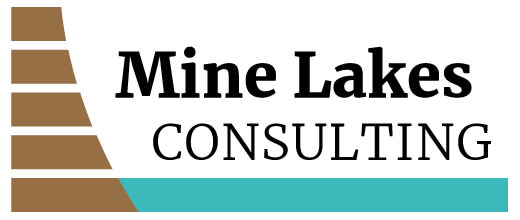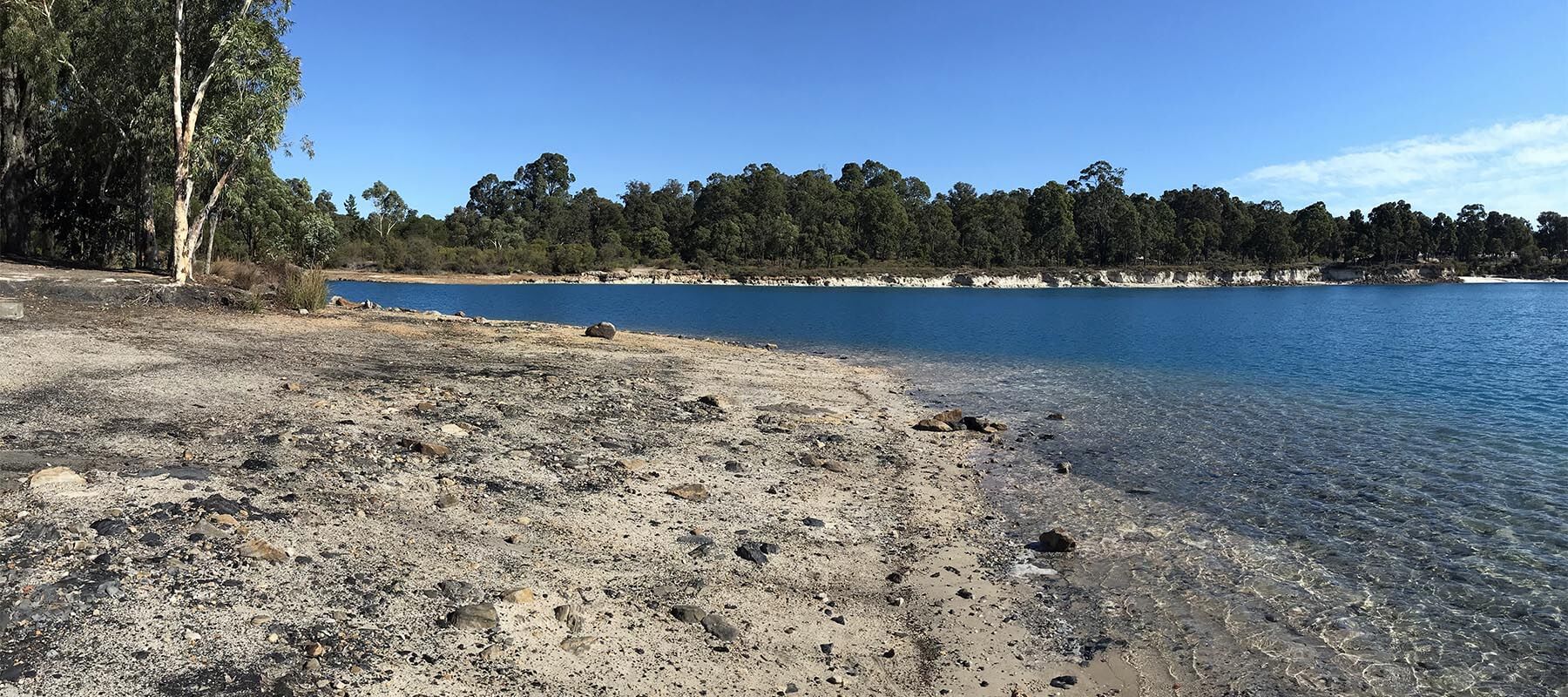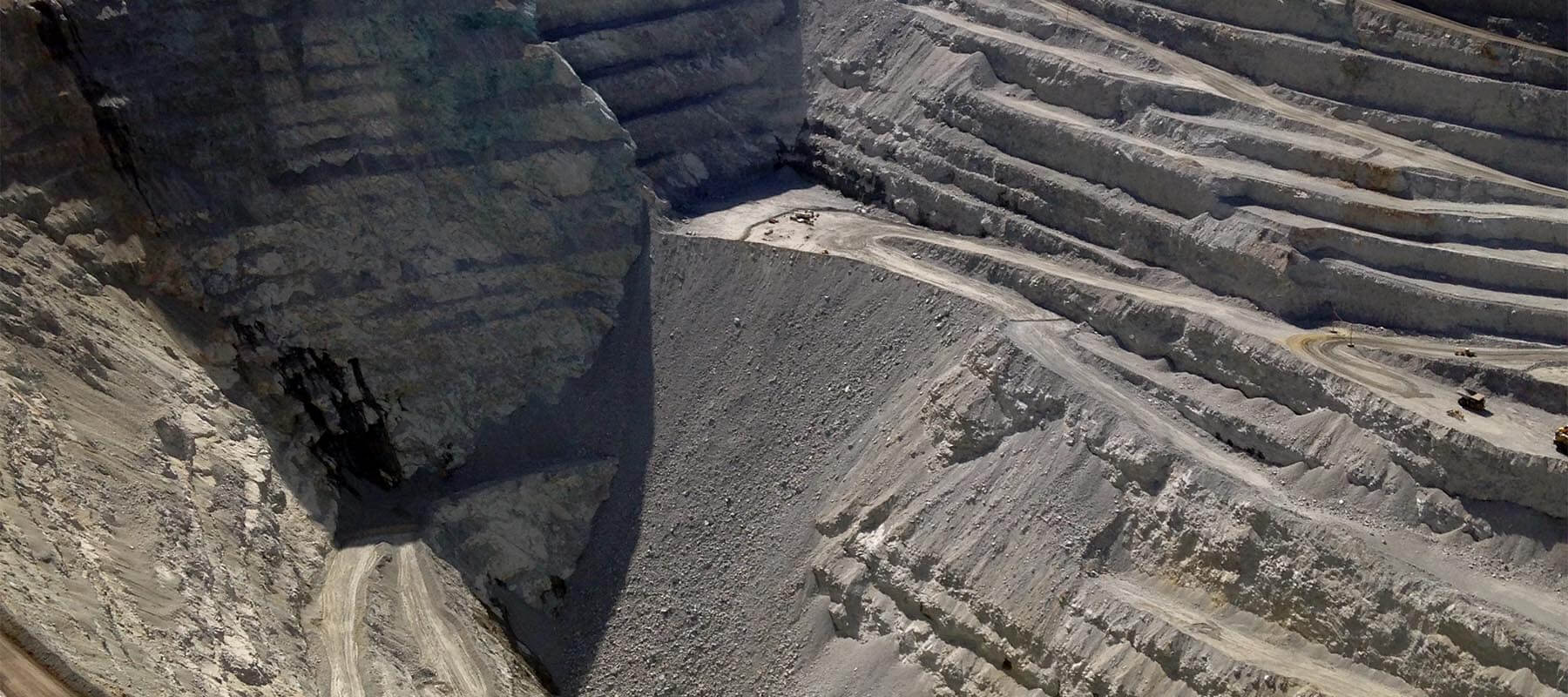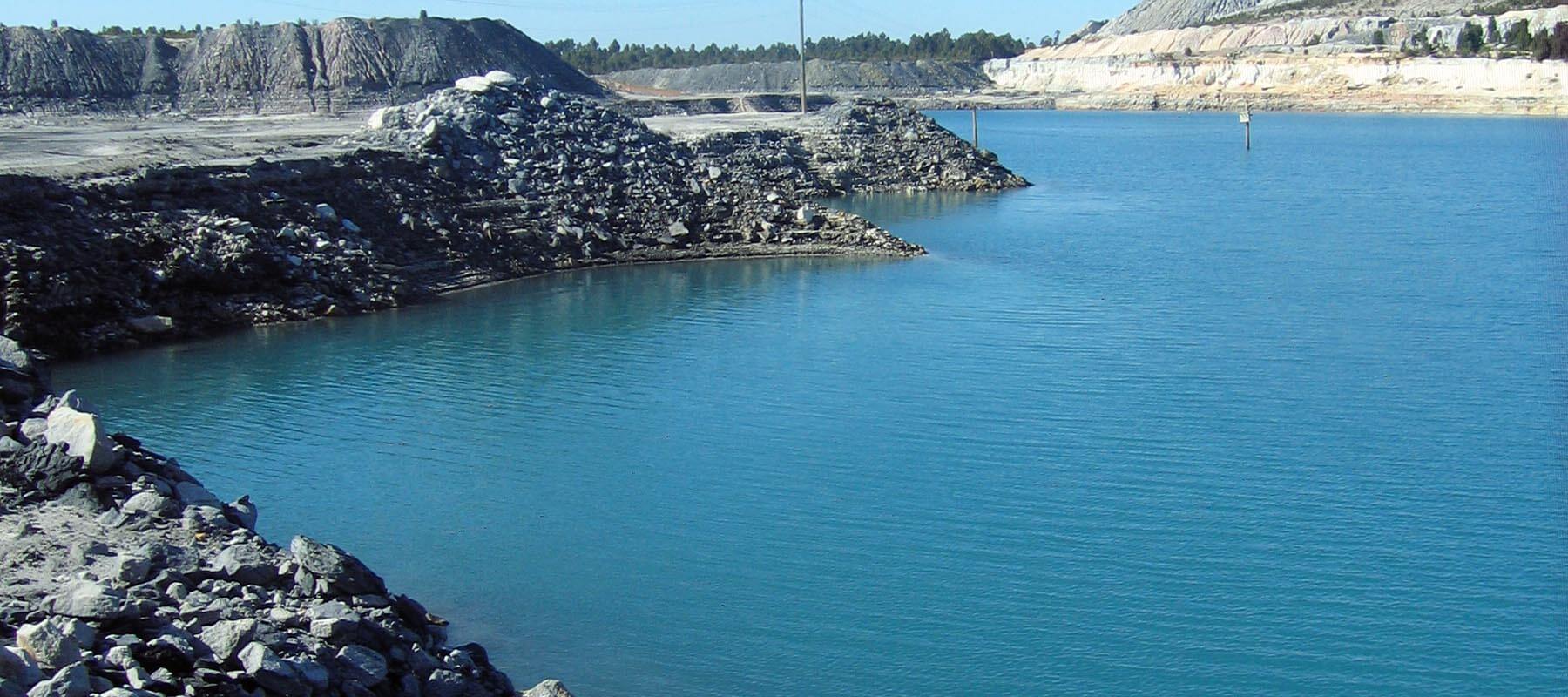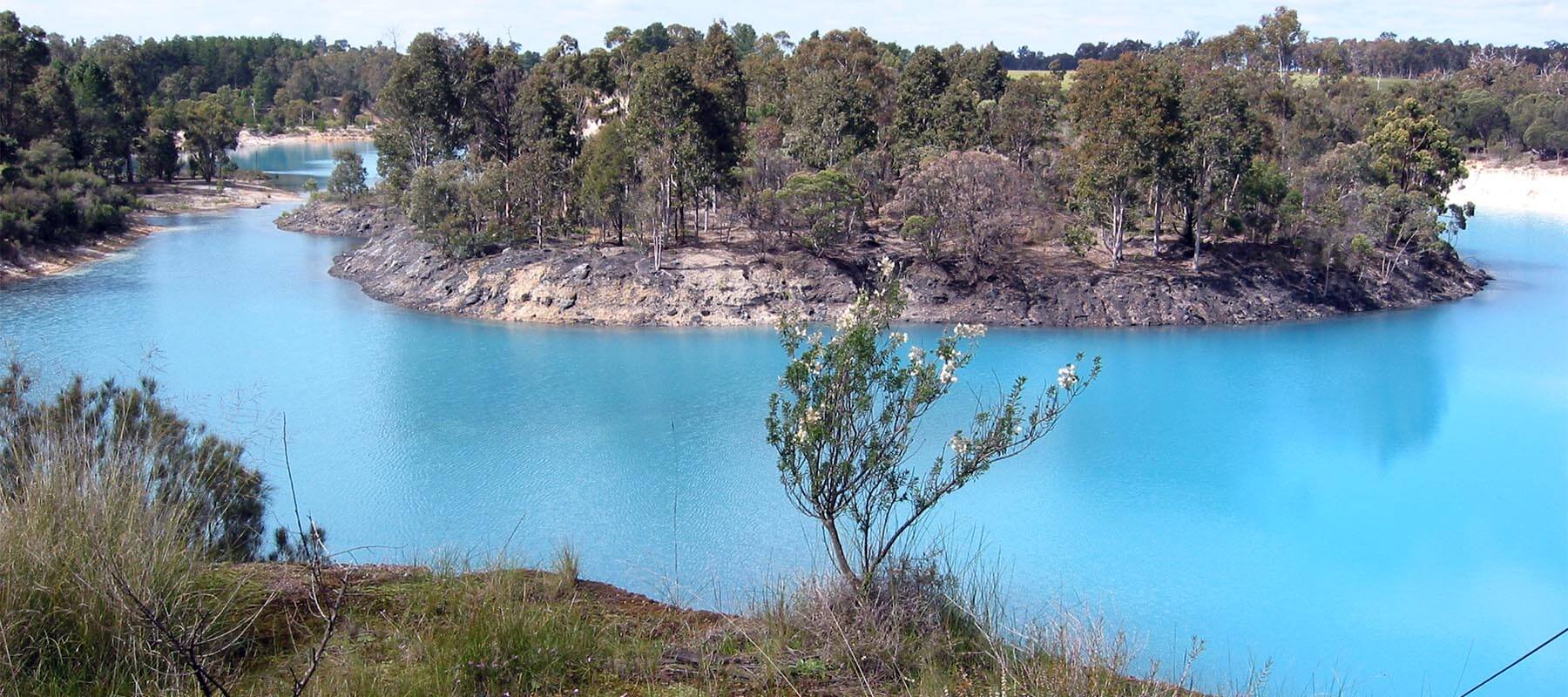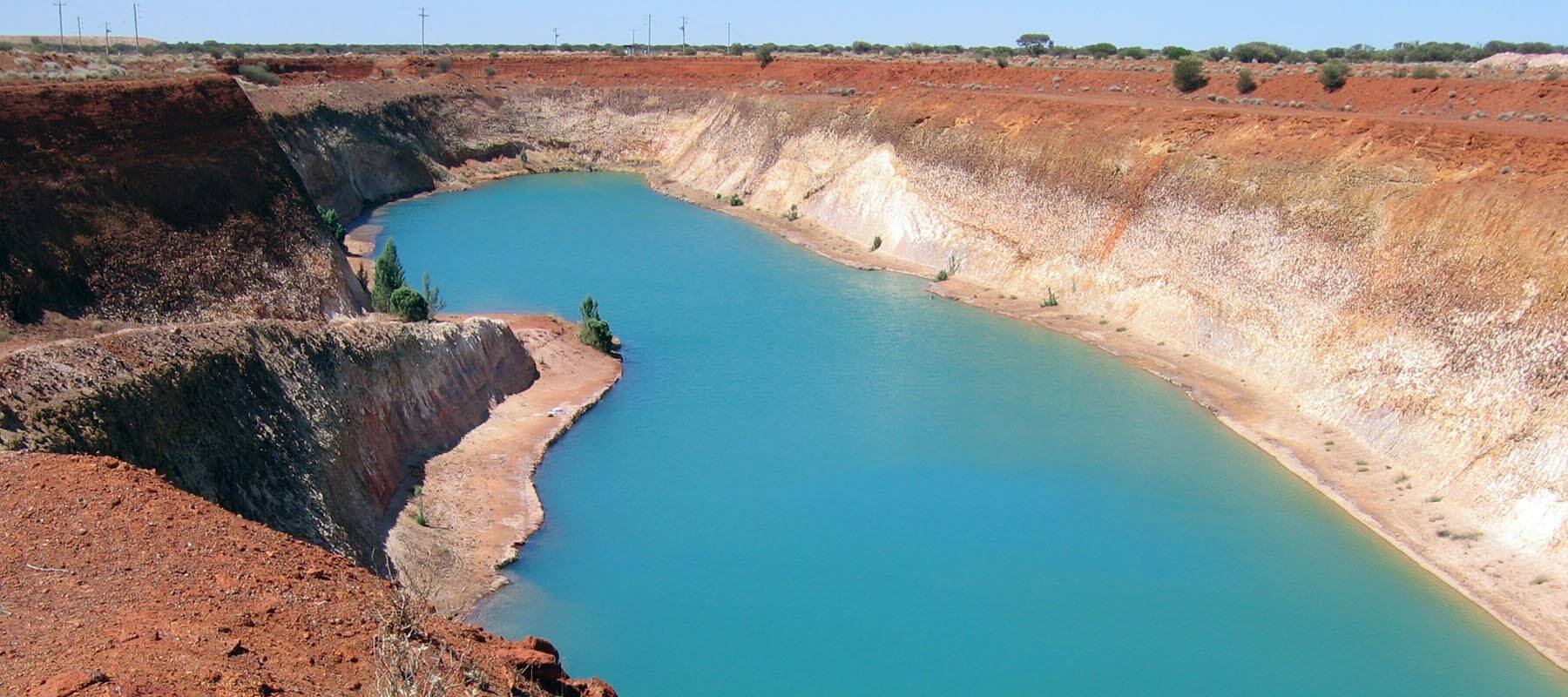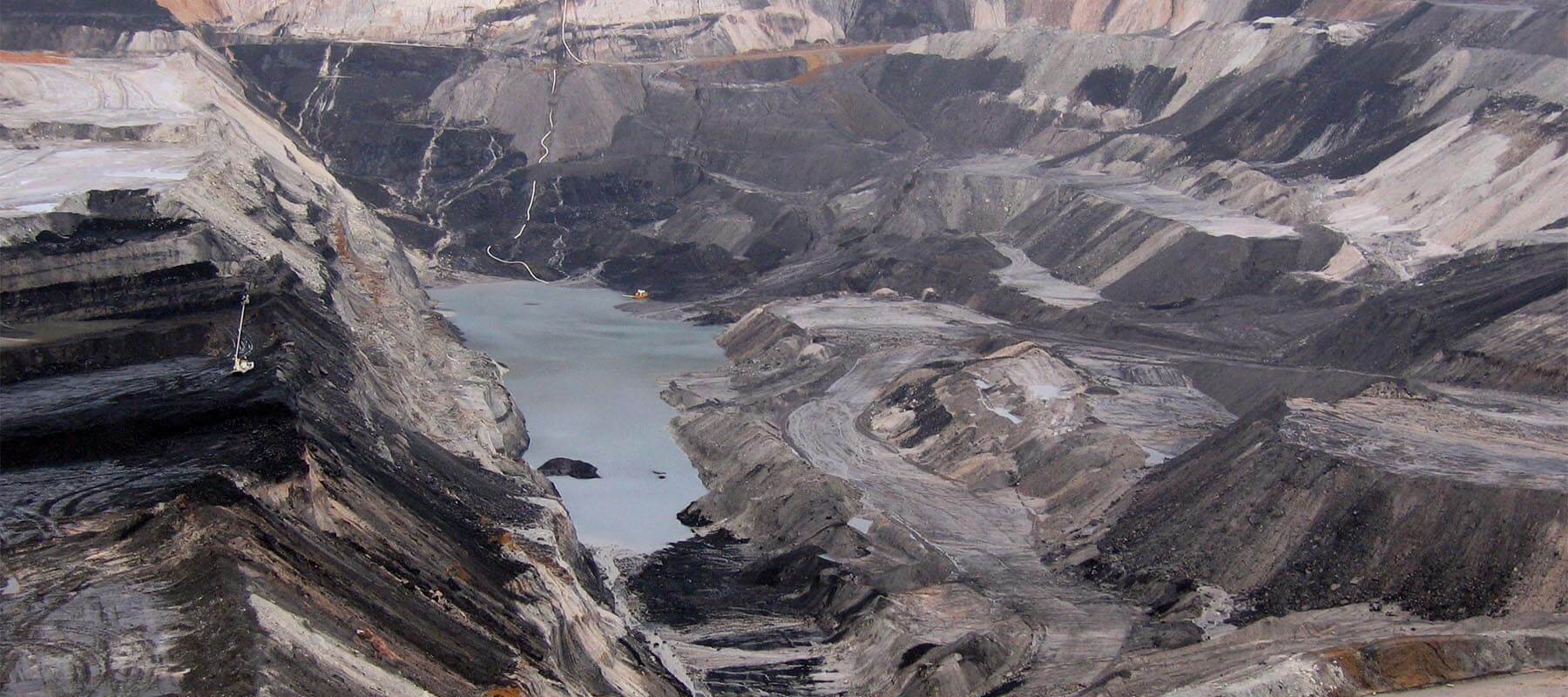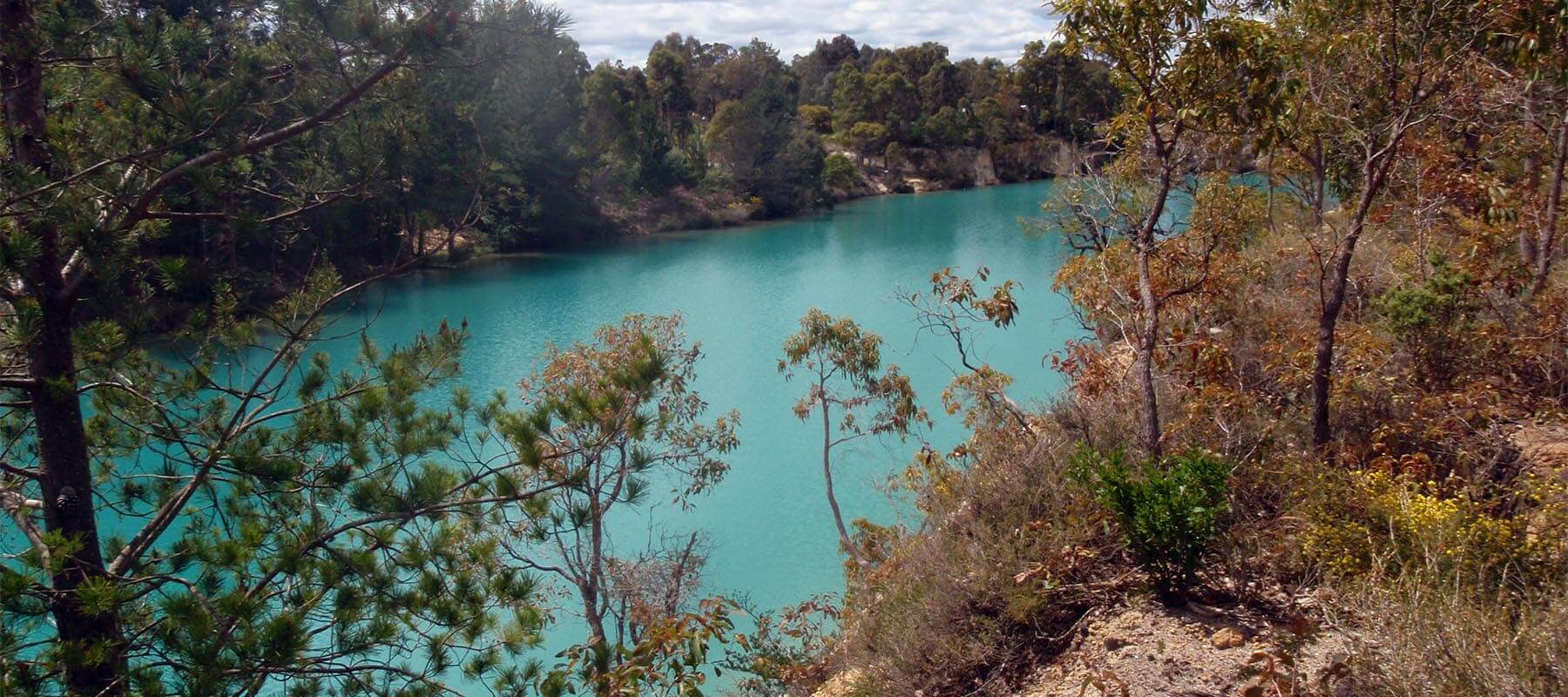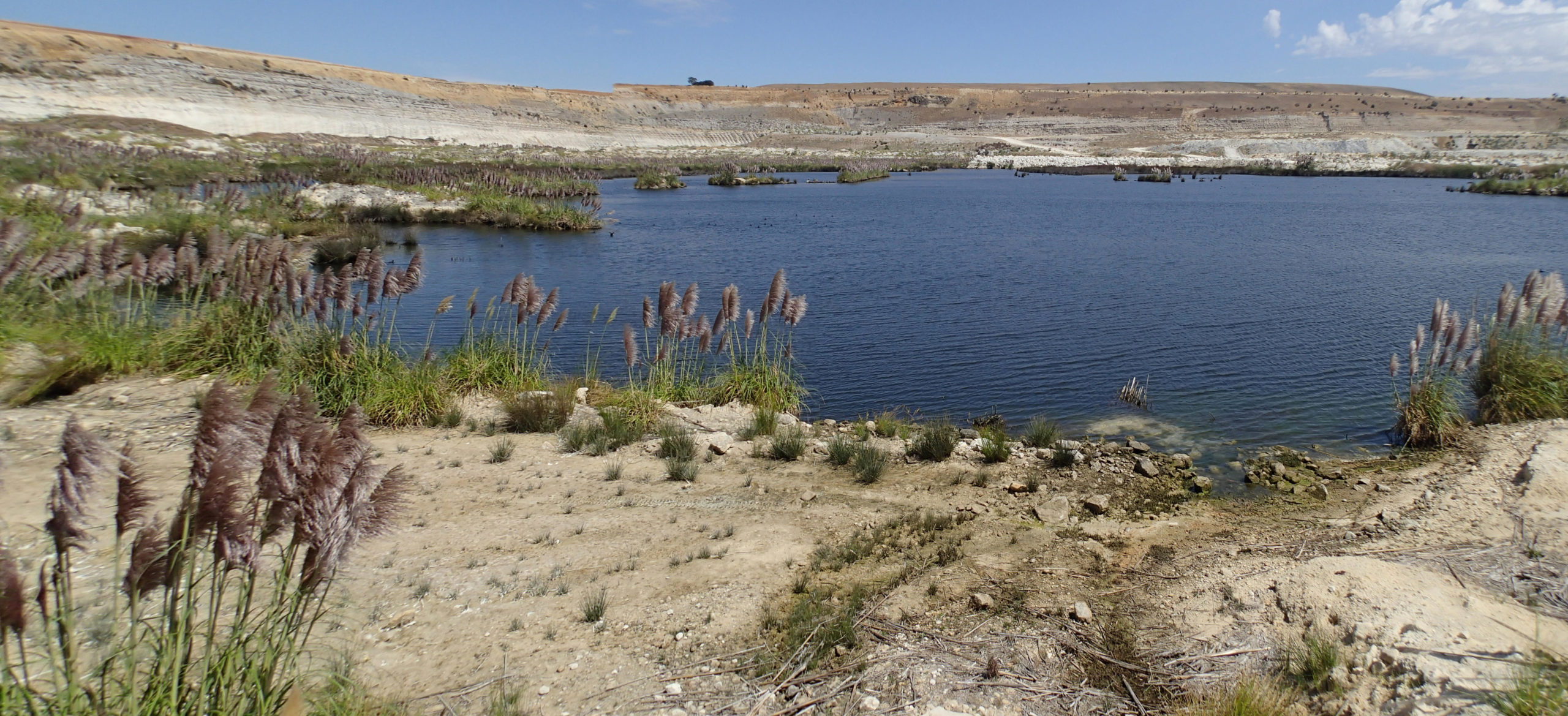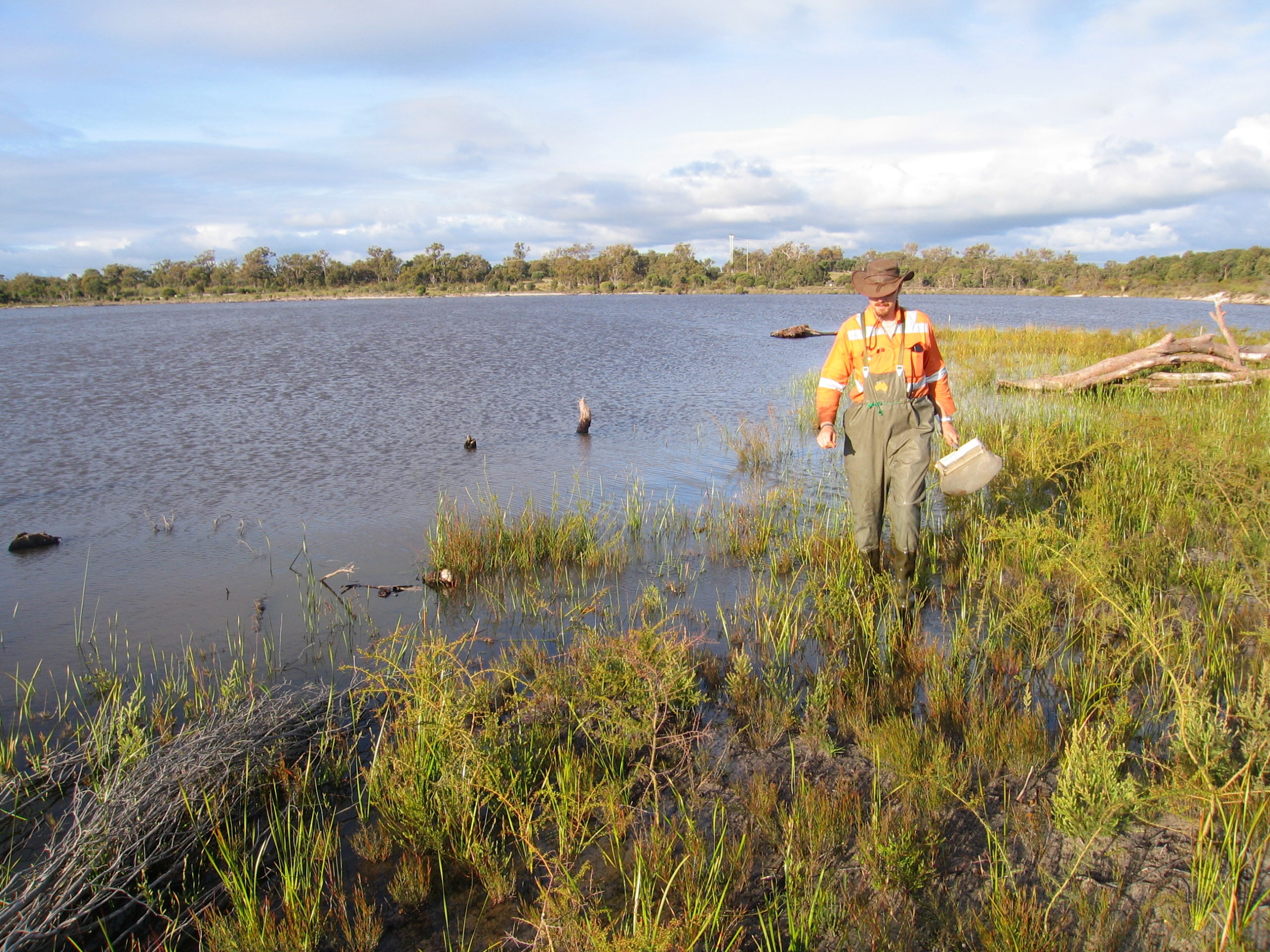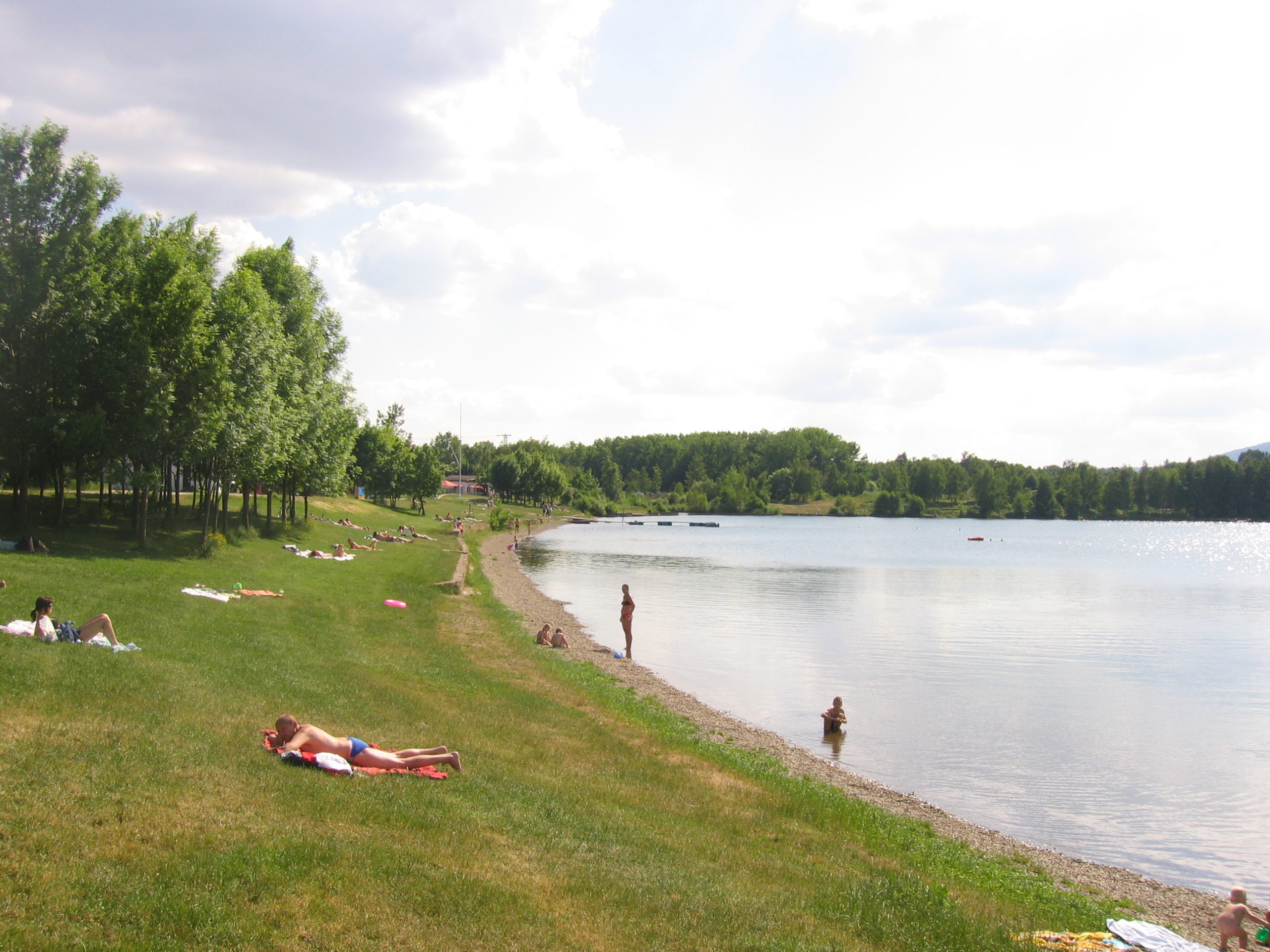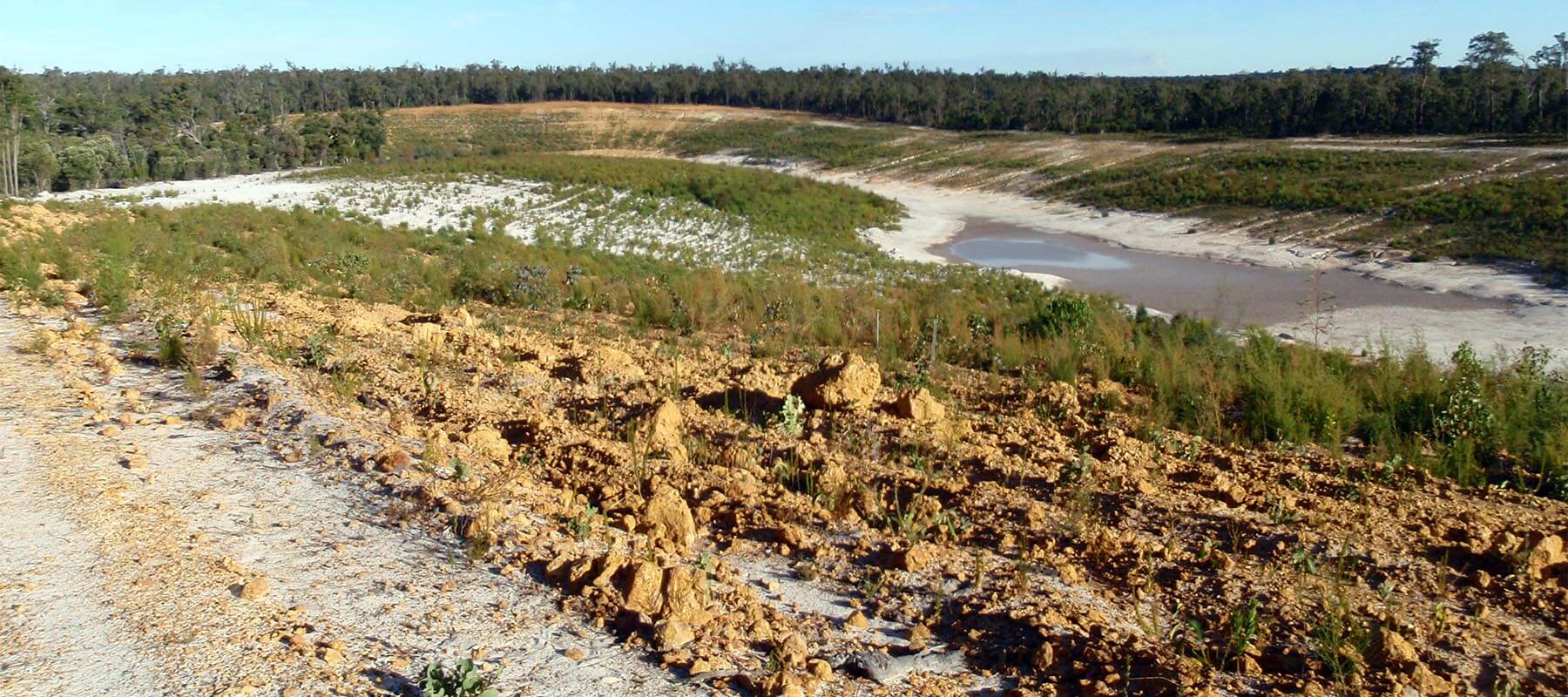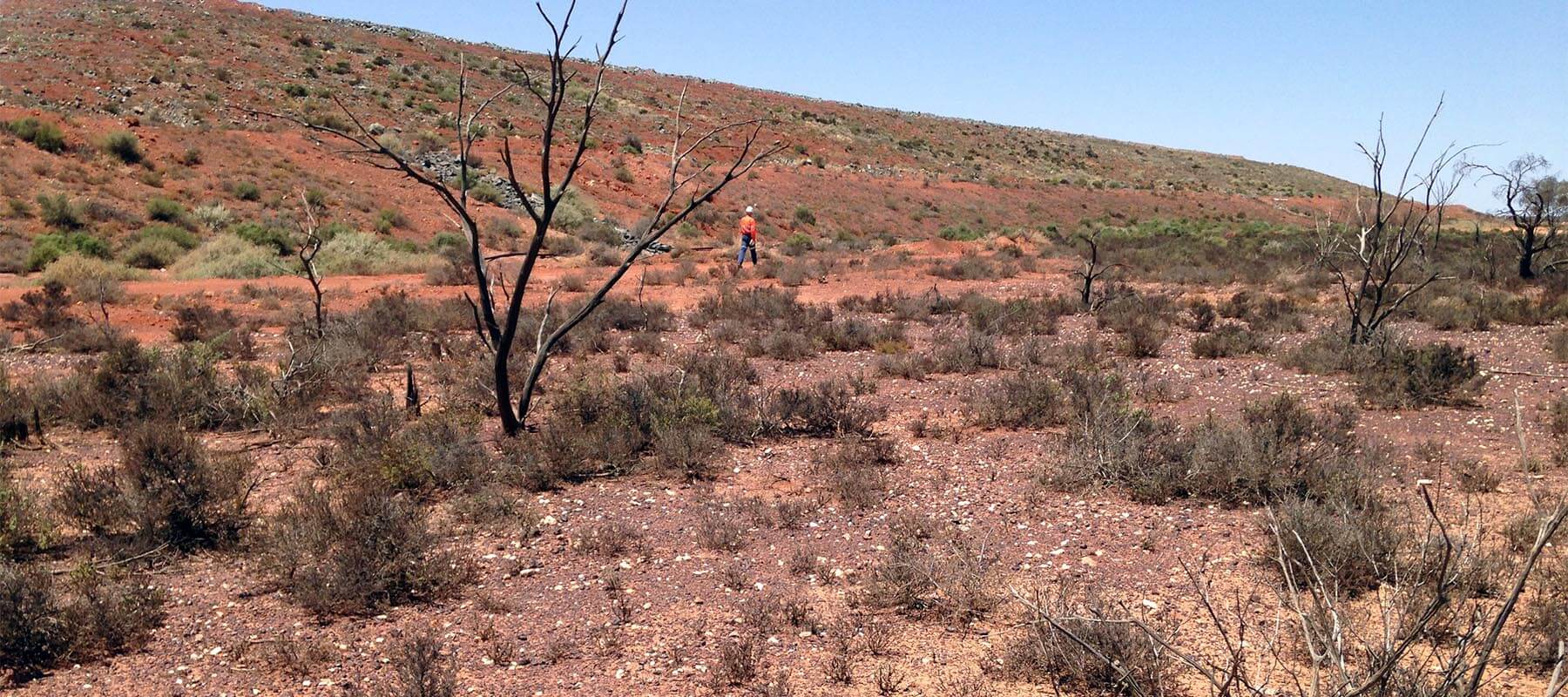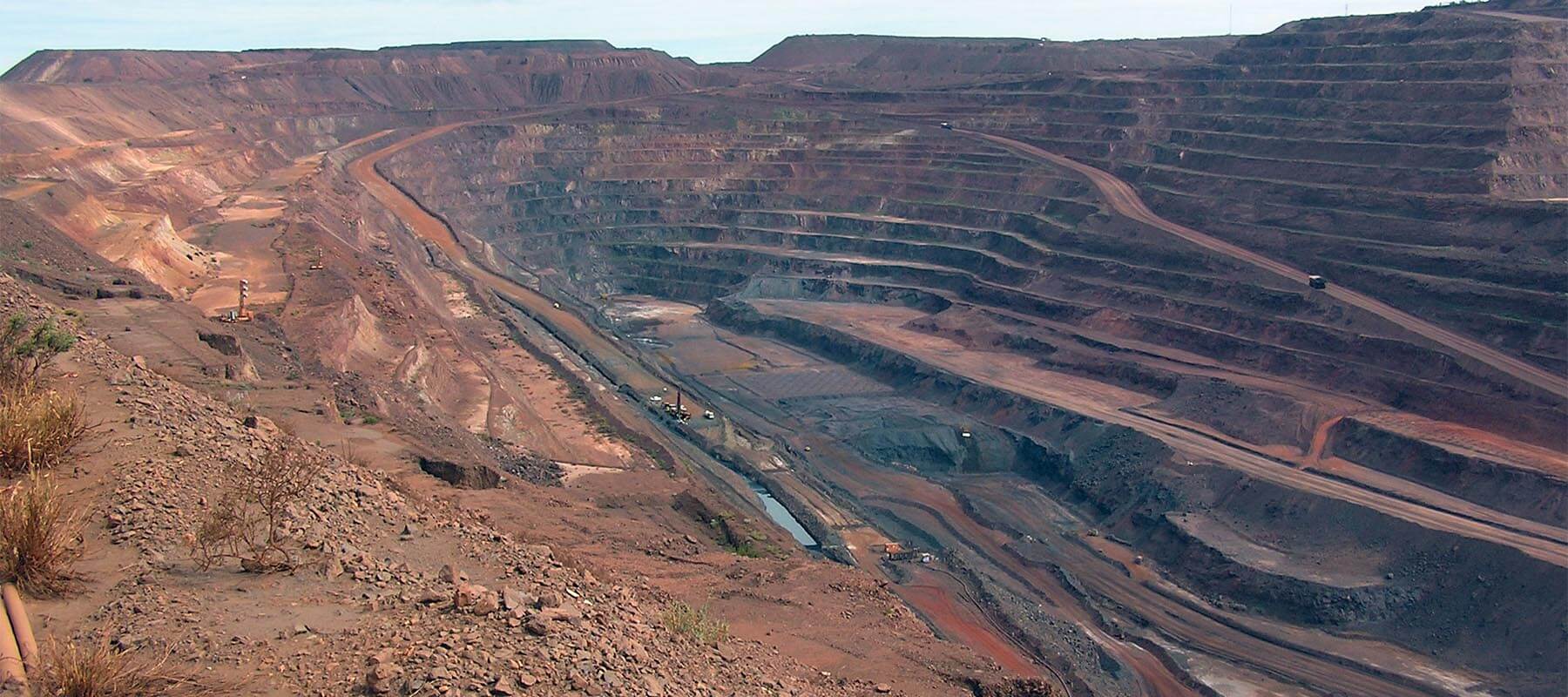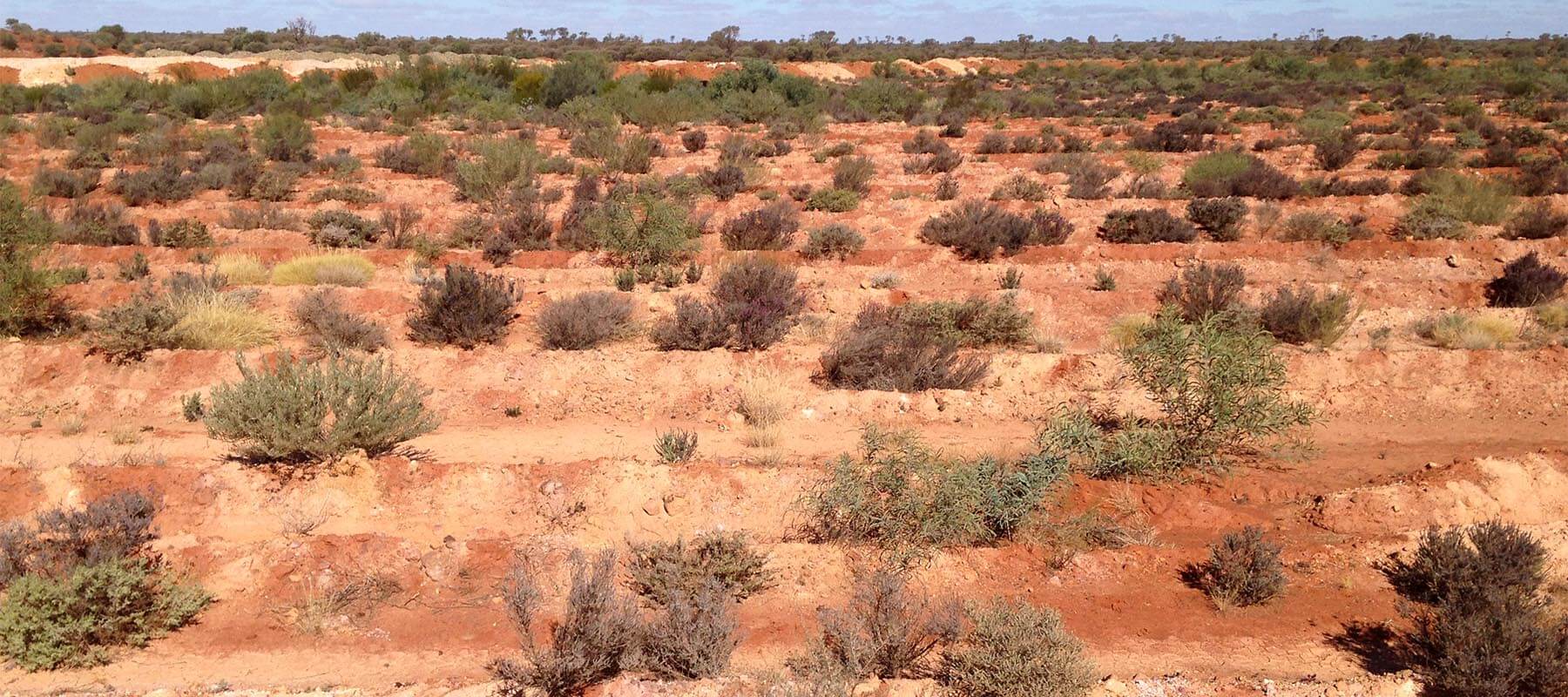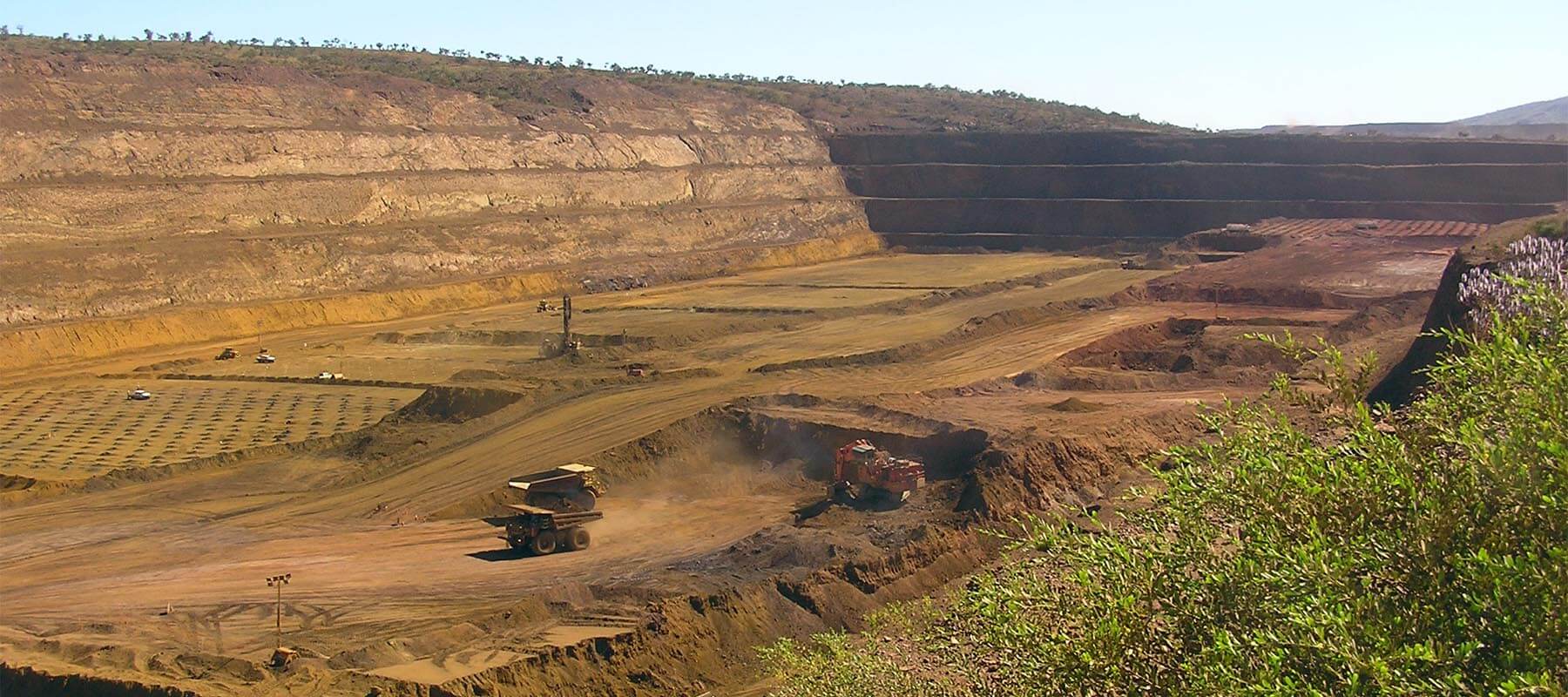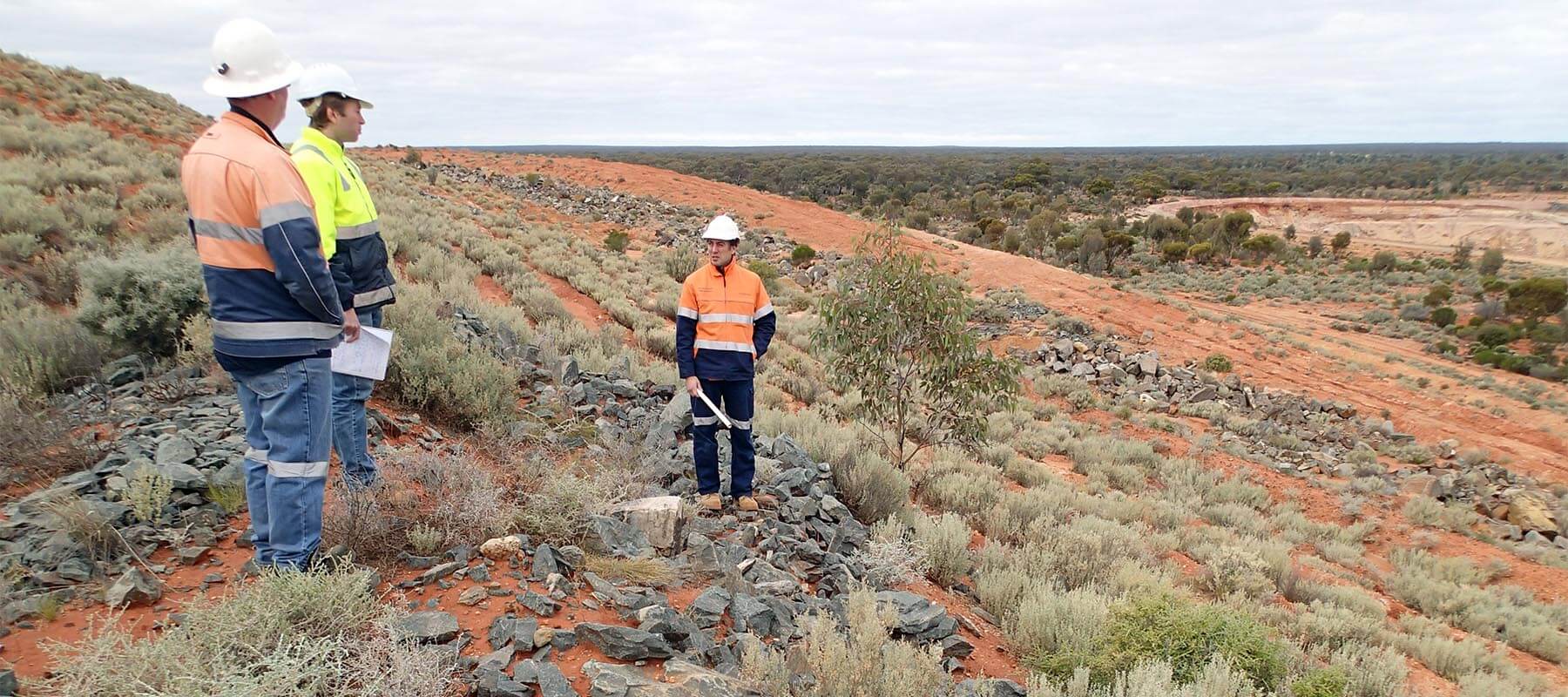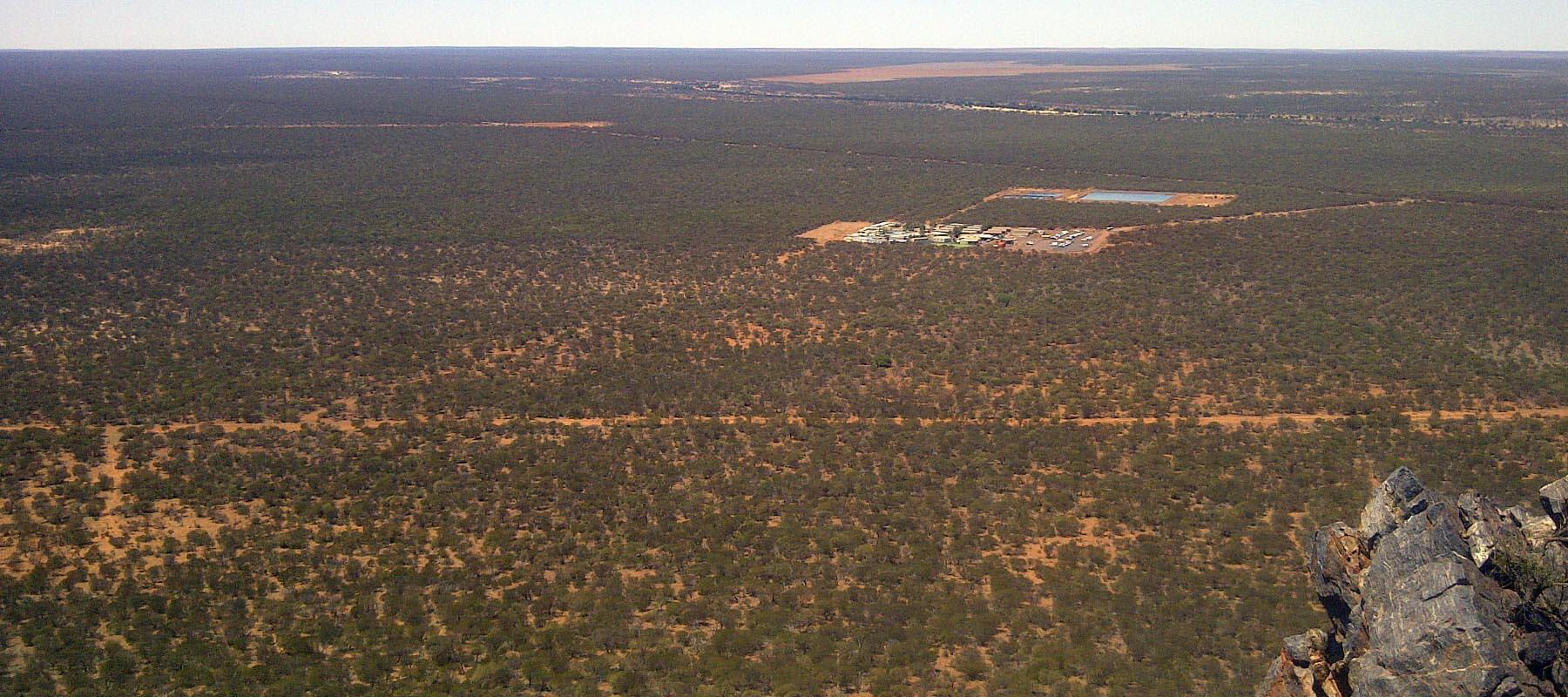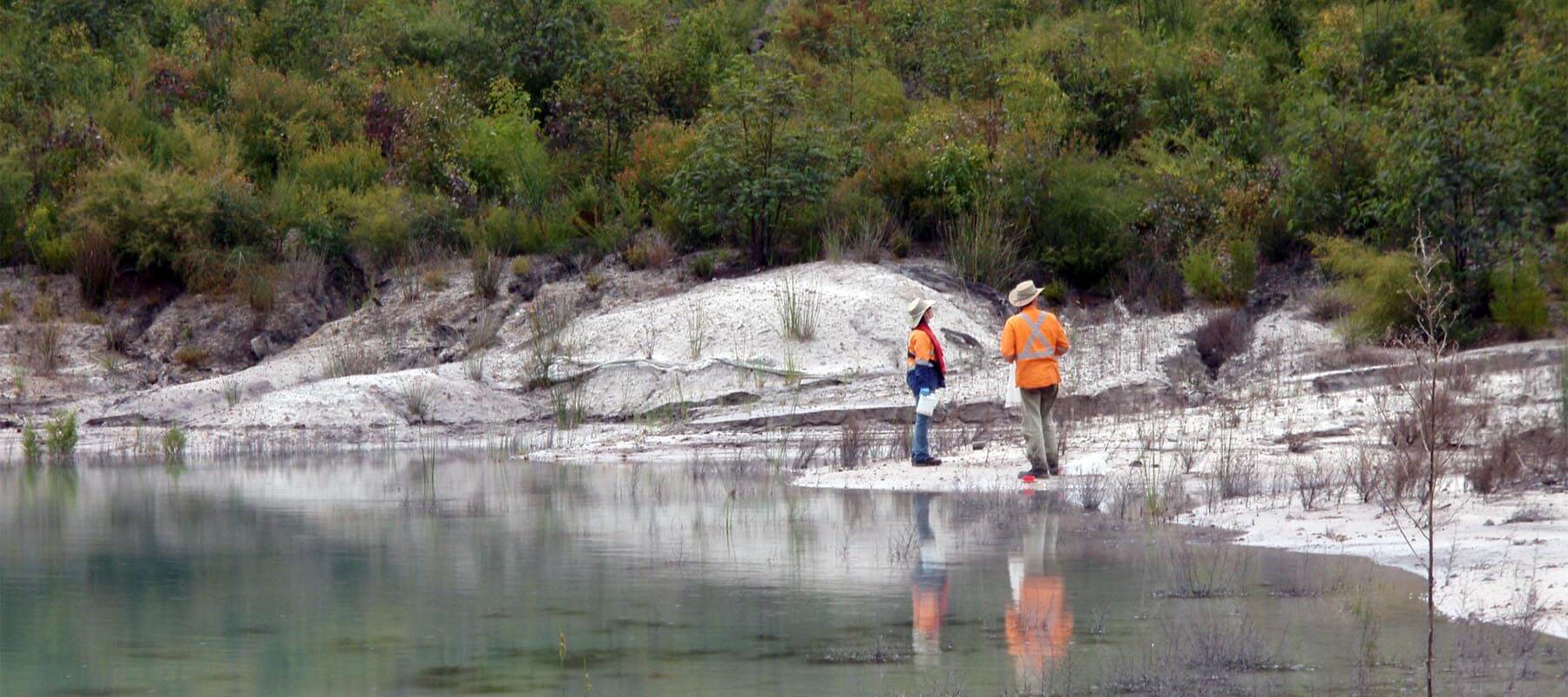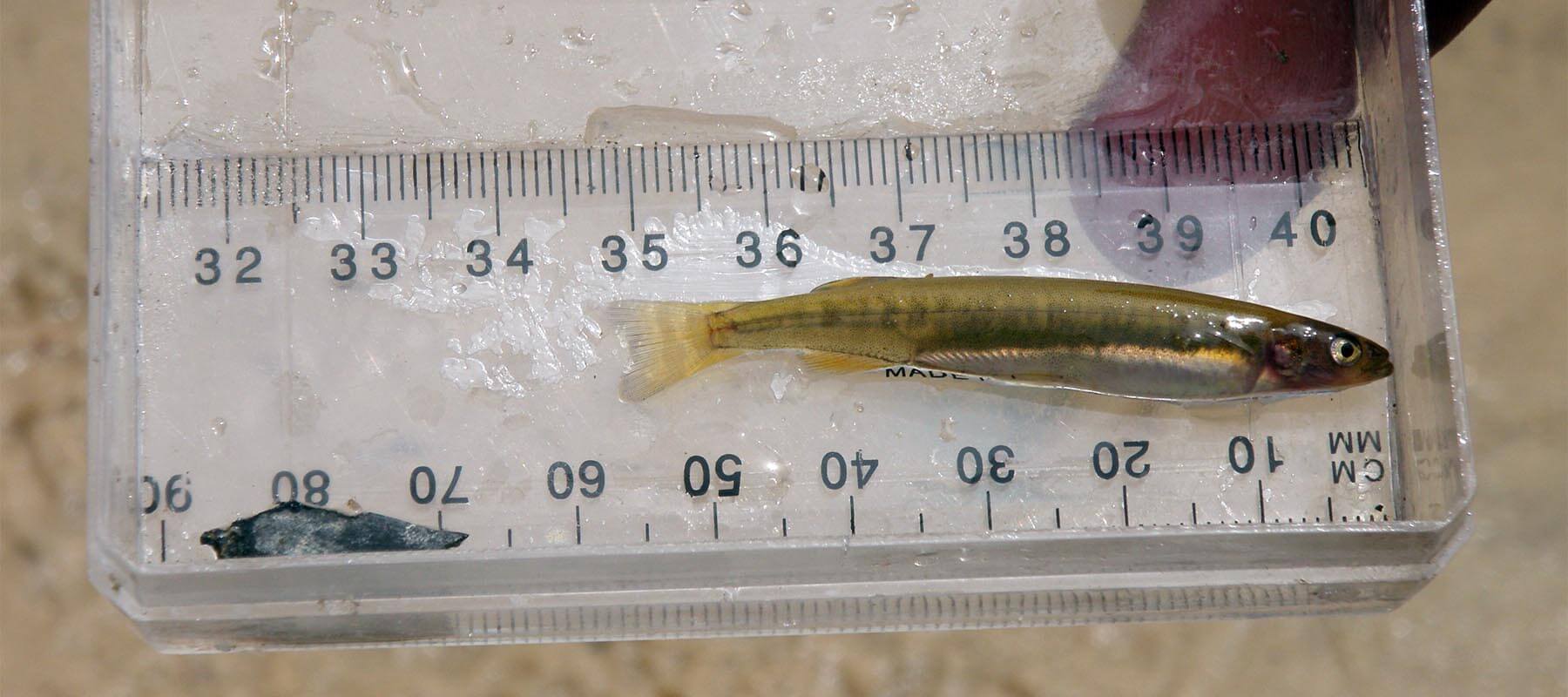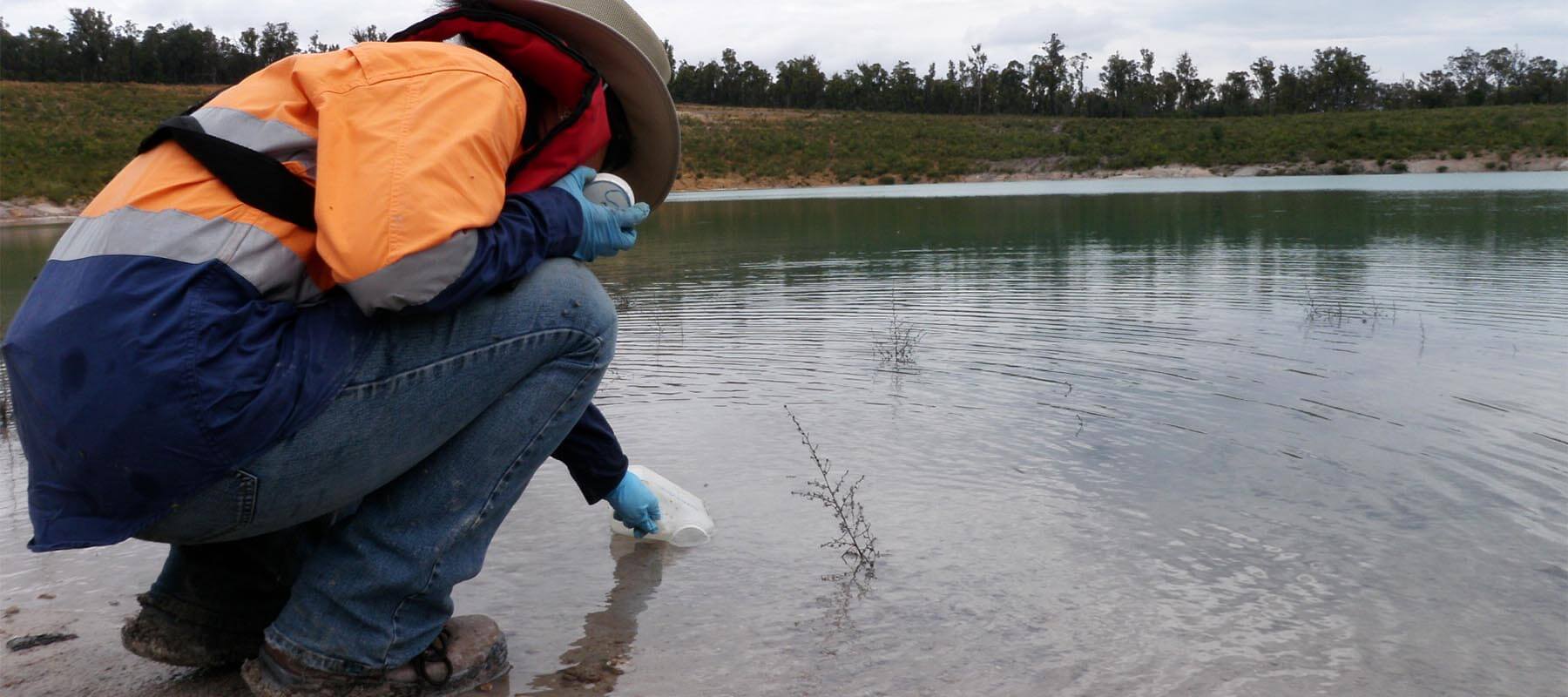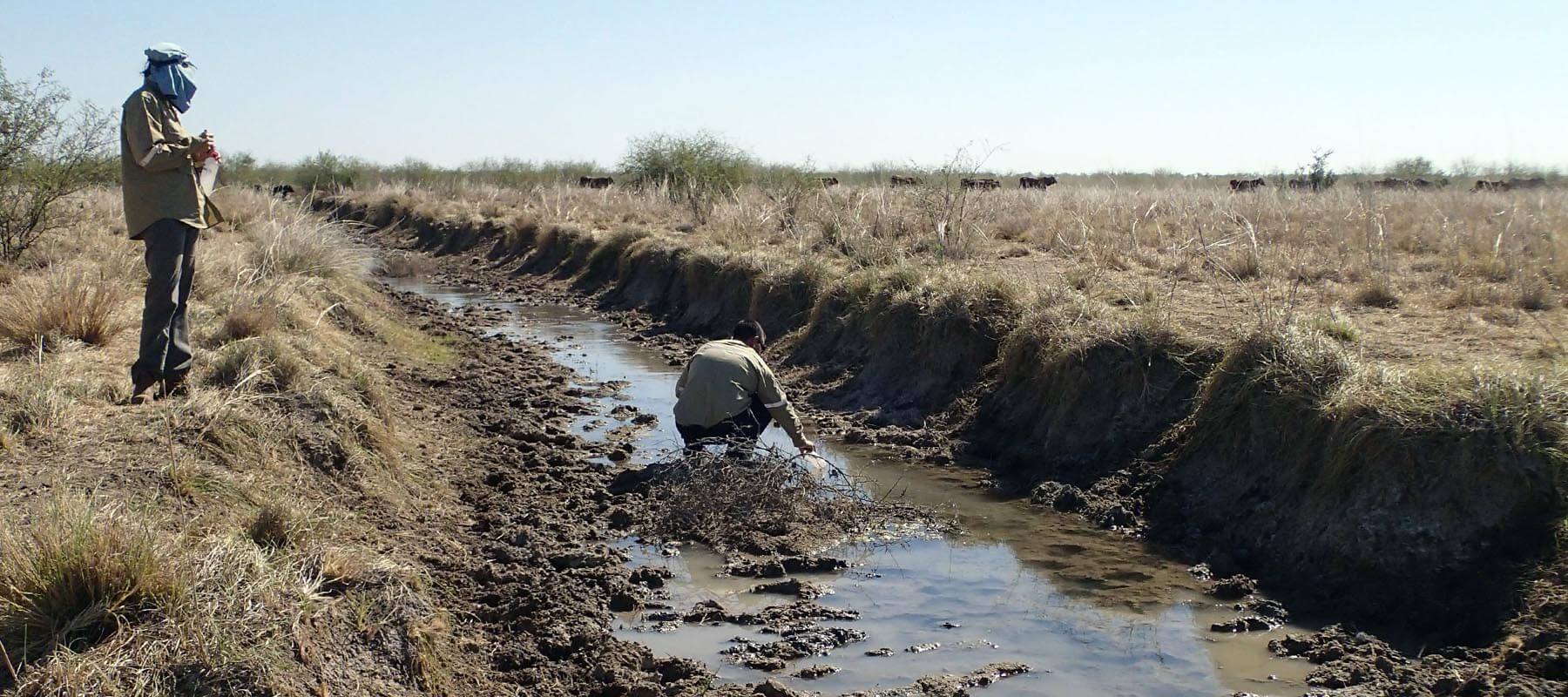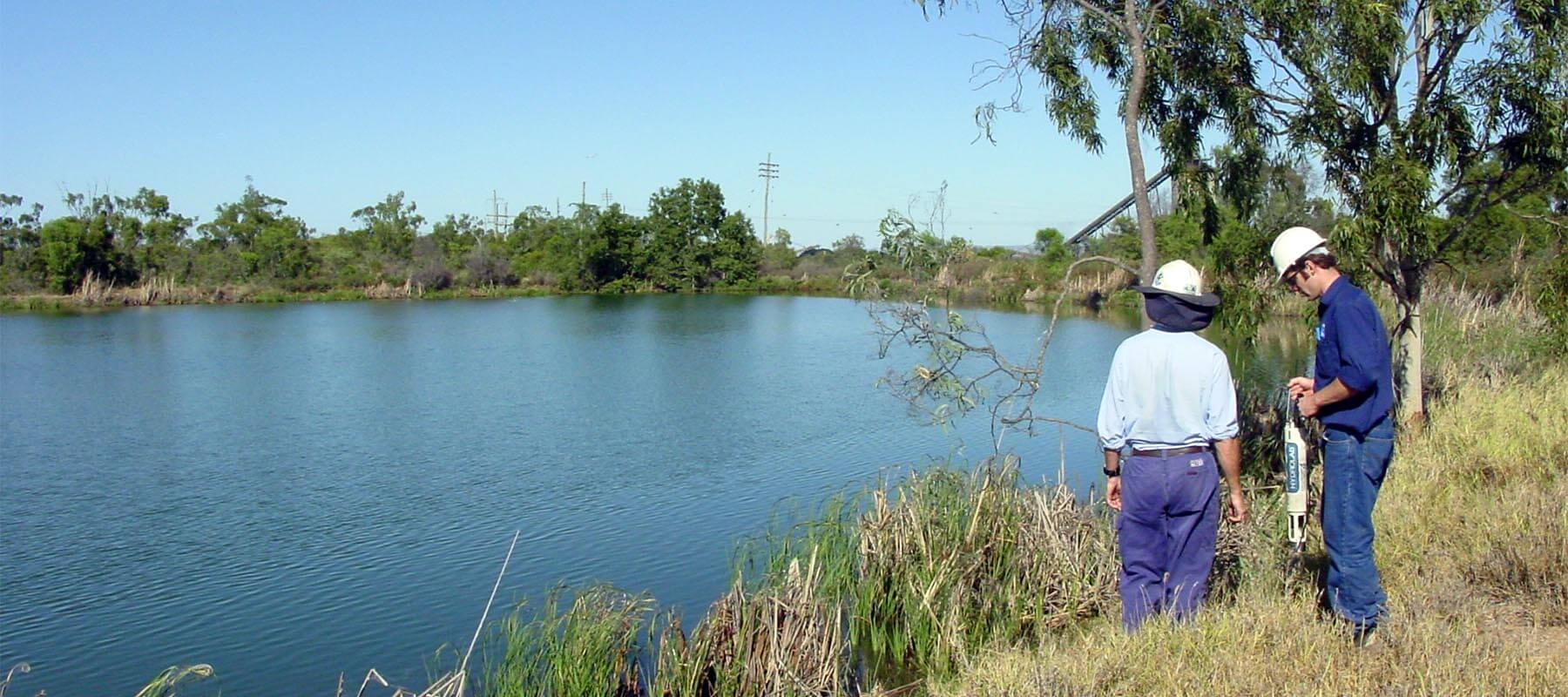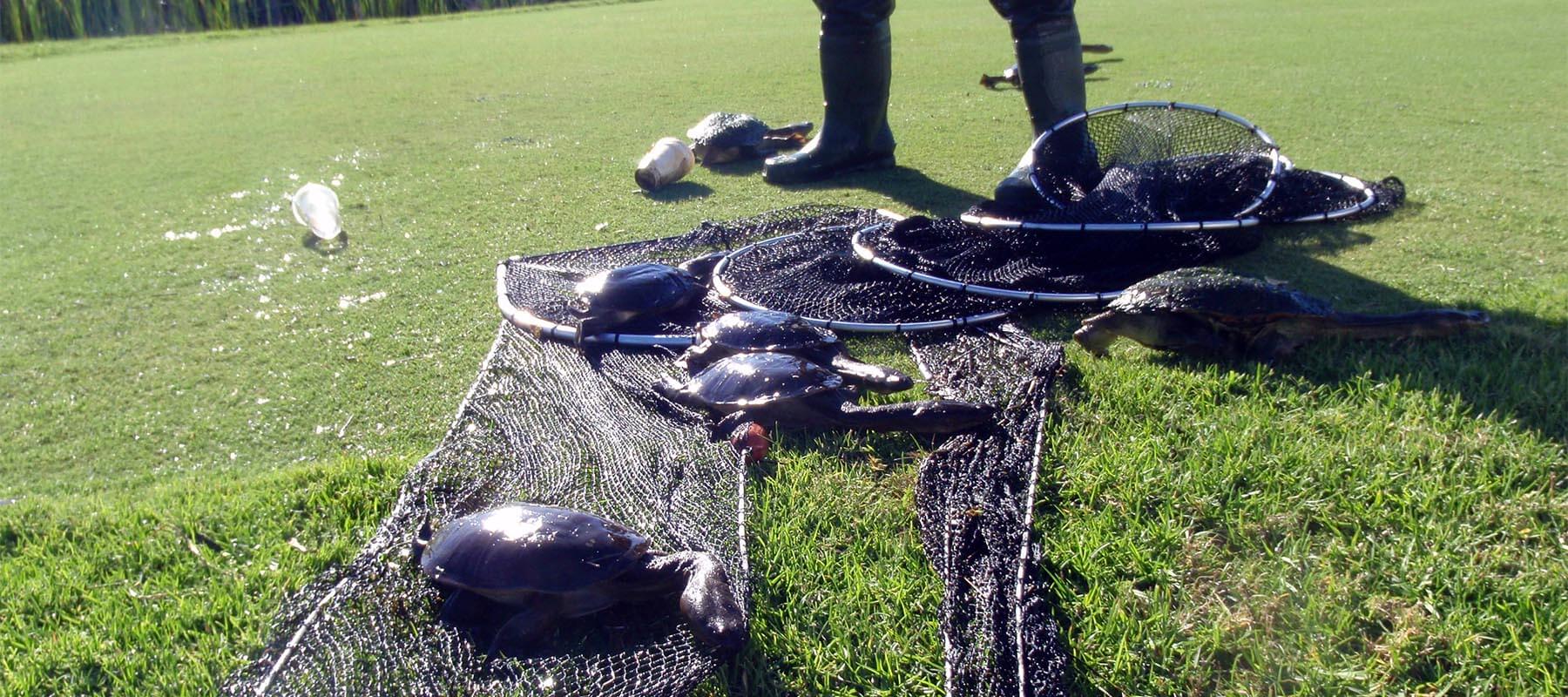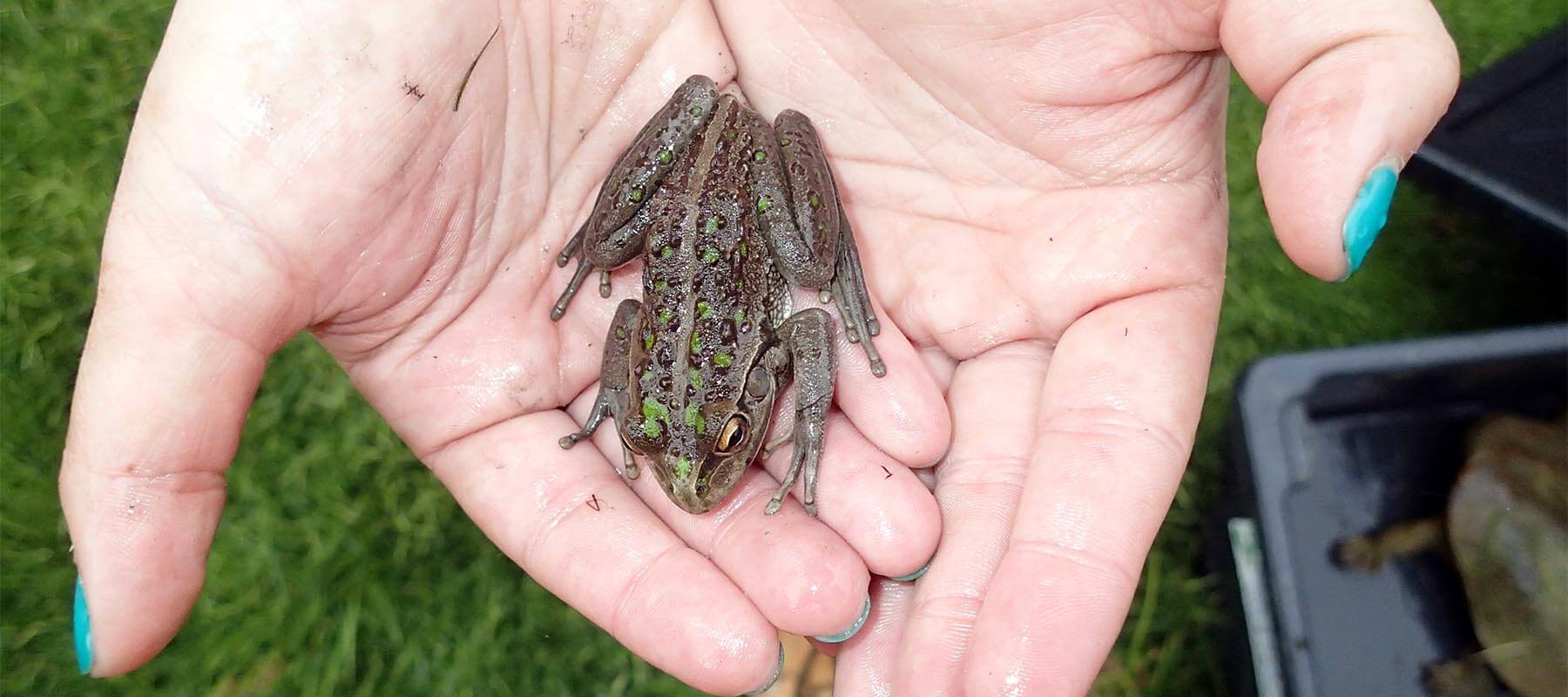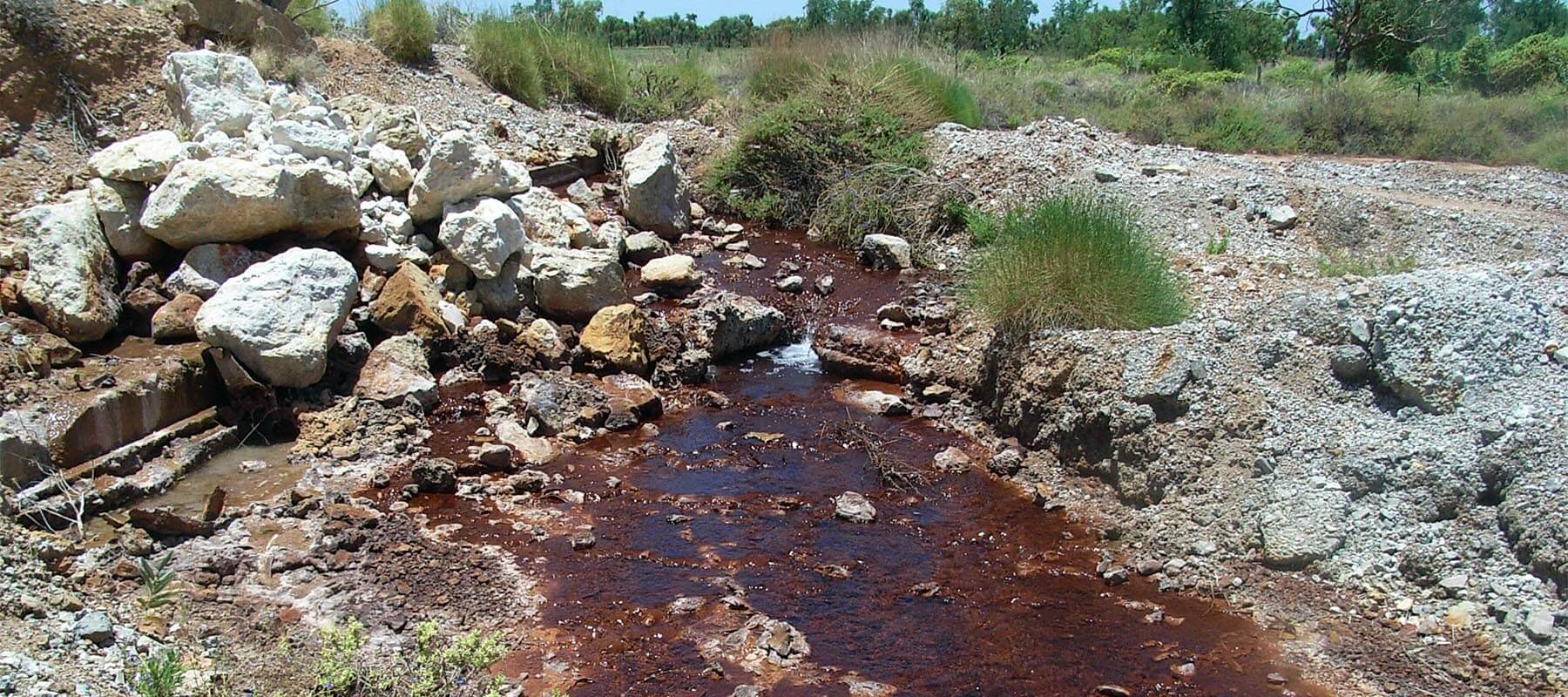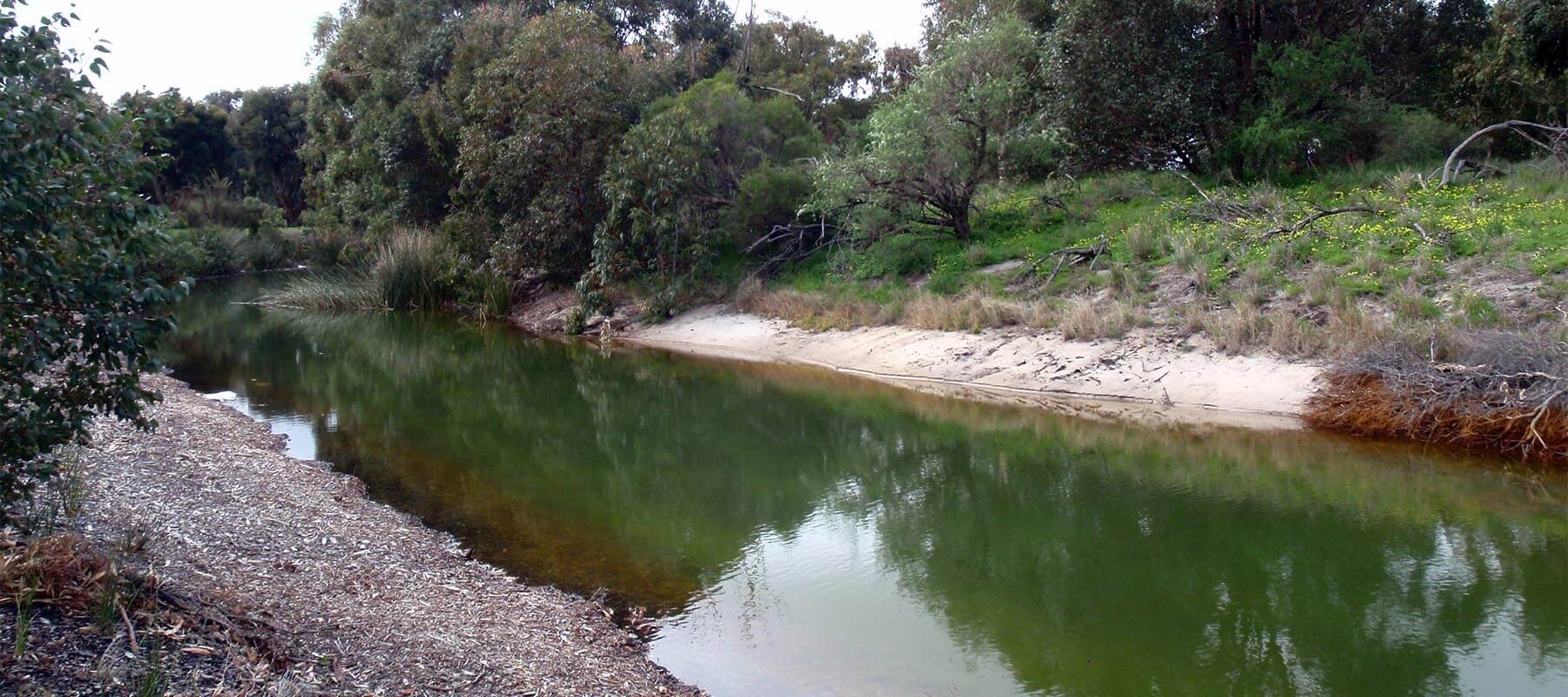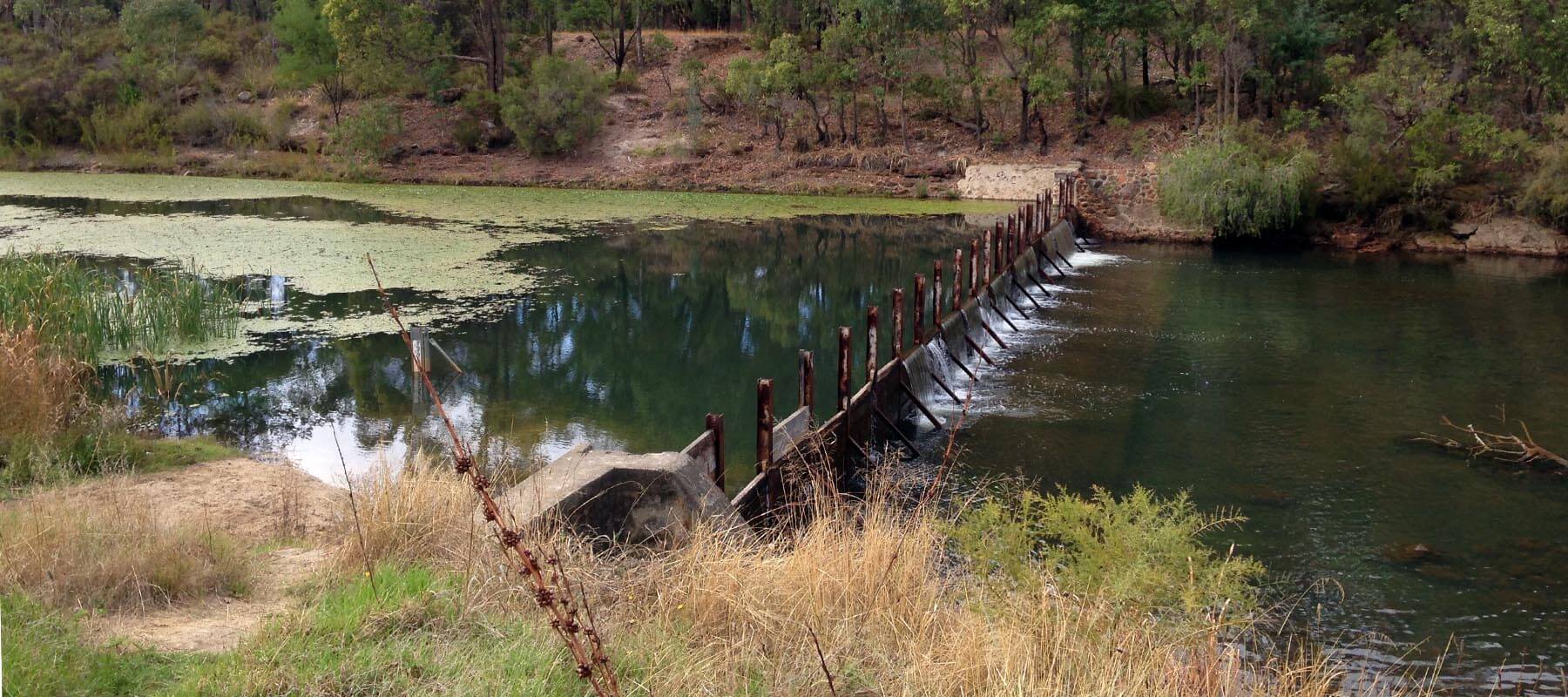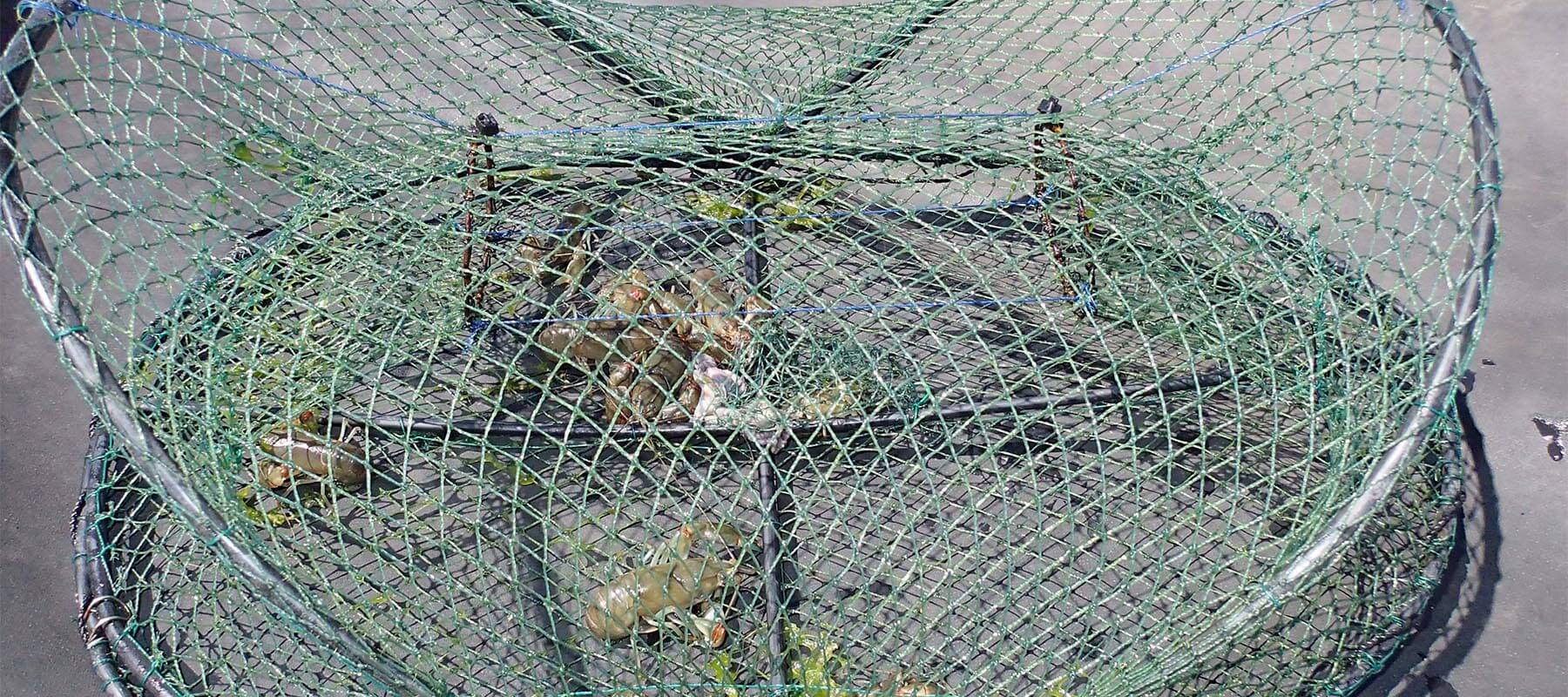Pit lakes are Mine Lakes Consulting’s forte with comprehensive approval and planning advice on all or part of mine closure projects involving mine pit lakes as final landforms.
Mine Lakes Consulting Services offers
3 main areas of specialisation
Equipment hire
Mine rehabilitation and closure planning
Mine Lakes Consulting have international experience with closure planning and rehabilitation of all final mining landforms including waste landforms and other disturbance rehabilitations.
Aquatic ecosystems
Mine Lakes Consulting can provide whole aquatic ecosystem assessment and management advice.
Equipment hire
Equipment hire for sampling pit lakes and other aquatic environments is also one of our services
Pit Lakes
Pit lakes are MLC’s forte with comprehensive planning advice on all or even part of mine closure projects with a pit lake as a final landform.
- Strategic pit lake closure planning.
- To corporate, state, national and international guidelines
- Support and review
- Third party technical review.
- Expert support of closure projects involving pit lakes
- Due diligence assessments of pit lake closures/investments in projects with pit lakes
- Stakeholder engagement.
- Presentations and workshops to community members, regulators, industry-peers
- Sampling and monitoring of pit lake waters.
- Sampling compliant with international/Australian/Western Australian guideline recommendations (co-authored by Dr Cherie McCullough) and leading international industry practices
- Protocol and safety documentation (JSAs, SWMS) can also be developed to meet company OH&S requirements
- Water column profiling by boat where use available, by innovative aerial drone where not available
- Proprietary drone (UAV) equipment can remotely sample water quality including entire water column profiling
- Inducted site or contracted staff can also be trained to undertake regular sampling where OH&S requirements restrict access by non-inducted persons
- Analysis and reporting of pit lake water quality
- Against closure criteria and/or management objectives.
- Multivariate statistical and graphical analysis across entire water column
- Data analysis of historical and new datasets to reveal water quality trends
- Aquatic biota.
- Sampling and reporting: macroinvertebrates, diatoms, zooplankton, phytoplankton, etc.
- Drone (UAV) remote water quality sampling
- Recommendations for, and development of:
- management mitigations
- adaptive management frameworks
- studies and trials
- Ecological risk (ERA) assessment of pit lakes.
- Beneficial end use development and pit lake re-purposing.
- Numerical modelling of pit lake:
- water balance
- water quality
- stratification
- wave erosion
- Case studies.
- Literature reviews and case studies from our extensive pit lake database, industry connections and project history
Mine rehabilitation and closure planning
MLC have international experience with closure planning and rehabilitation of all final mining landforms.
- Mine closure planning to state, national and international guidelines
- Closure risk assessment to ASNZ standards
- Multi-criteria analysis (MCA) of closure options involving pit lakes
- Final landform design and rehabilitation advice
- Mine water impact mitigation
- Pre-acquisition due diligence
- Expert evidence (with experience in tribunals, in the background supporting client’s legal representation and being concurrently cross-examined).
- Environmental impact assessment and management planning
- Modelling of pit lake water balance, water quality, stratification and wave erosion
- Stakeholder engagement; presentations and workshops
Aquatic ecosystems
Equipment hire for sampling pit lakes and other aquatic environments is also one of our services.
- Water quality compliance reporting
- Water quality sampling, analysis and reporting
- Aquatic biota sampling and reporting: fishes, macroinvertebrates, diatoms, zooplankton, phytoplankton, etc.
- Managing aquatic biota translocations
- Managing water quality issues
- River diversions assessment and management
- Ecological risk (ERA) assessment
- Ecotoxicological assessment of discharges
- Site-specific guideline (SSGV) value development to leading practice, including ANZG (2018) guidance
- Water mixing zone definition
